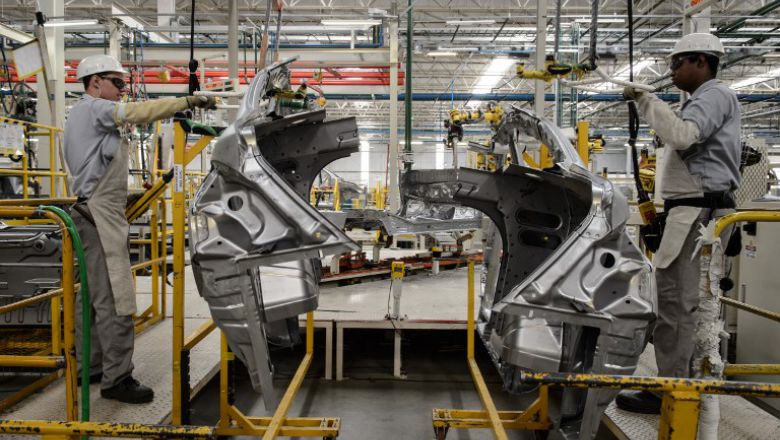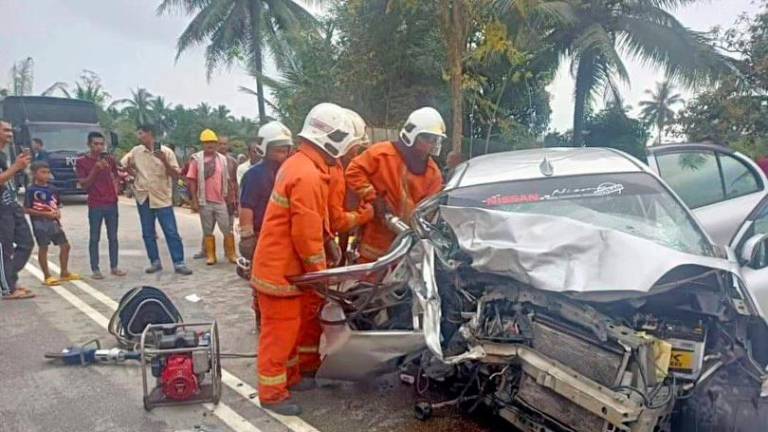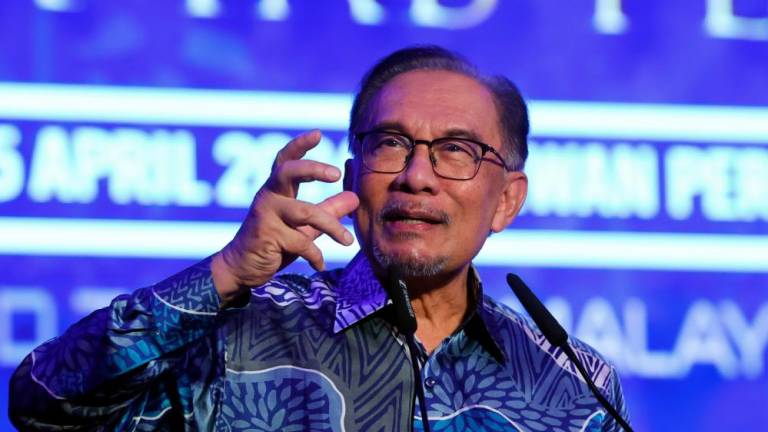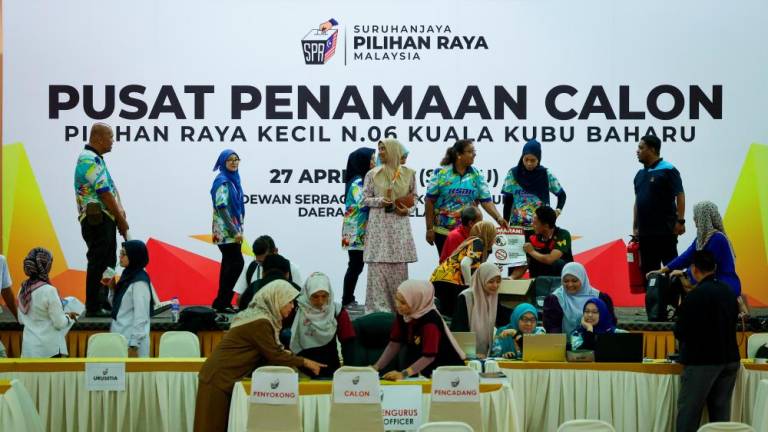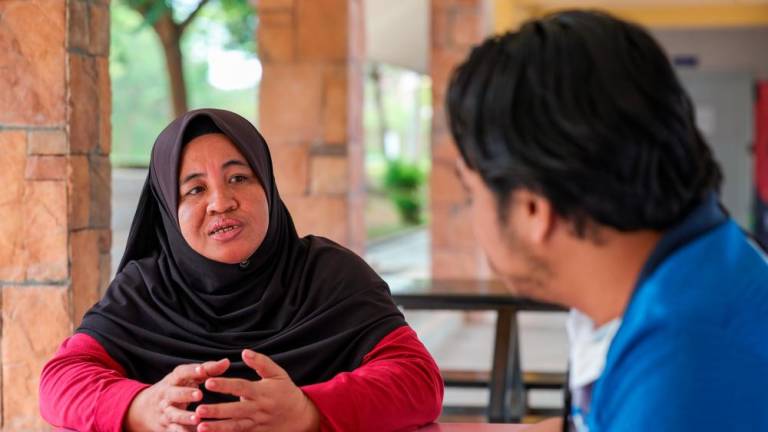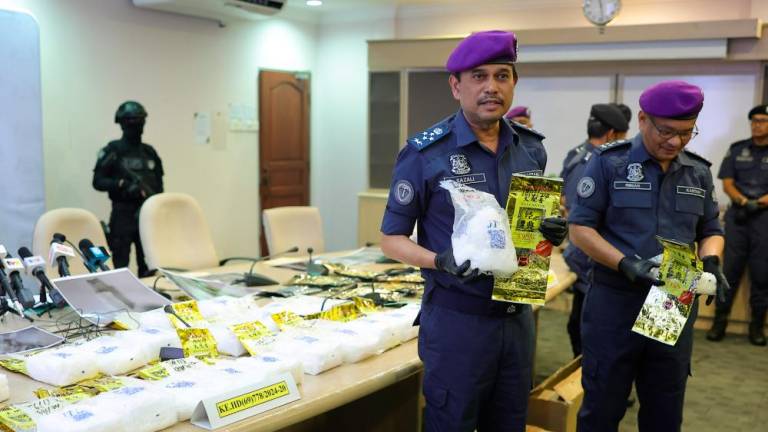BANGKOK: A United Nations executive has called for urgent action by countries in the Asia and Pacific region to reverse negative trends to realise all the 17 Sustainable Development Goals (SDGs) by 2030.
Armida Alisjahbana, undersecretary-general and executive secretary of the United Nations Economic and Social Commission for Asia and the Pacific (ESCAP), said these countries will likely miss the SDGs by that year because, for more than half the SDGs, progress has stagnated or is heading in the wrong direction.
Launching the Asia Pacific SDG Progress Report 2019 here on Monday, she said the ESCAP findings show that the situation is deteriorating when it comes to providing clean water and sanitation (SDG6), ensuring decent work and economic growth (SDG8) and supporting responsible consumption and production (SDG12).
“I hope this report will contribute to targeting our efforts to accelerate progress towards all Goals and to strengthen the region’s commitment to improving the quality of data and statistics essential to measuring progress,“ she said when launching the report by the UN regional arm.
According to the report, the Asia and Pacific region has made no or little progress on zero hunger (SDG2) industry, innovation and infrastructure (SDG9), reducing inequalities (SDG10), sustainable cities and communities (SDG11), climate action (SDG 13), life below water (SDG14), life on land (SDG15) and peace, justice and strong institutions (SDG16).
The report detailed that Asia and the Pacific have made some but still insufficient progress on ending poverty (SGD1), good health and well-being (SDG3), quality education (SDG4), gender equality (SDG5), and affordable and clean energy (SDG7).
The report said the region must make greater use of alternative data sources to complement traditional sources such as surveys and build a more accurate picture of progress towards the SDGs.
“Asia and the Pacific must strengthen global partnerships and means of implementing the 2030 Agenda for SDG17. Progress towards this goal is necessary to ensure the region has the means to finance, target and implement policy solutions. Failing to do so could jeopardise the achievement of all other goals,“ it said. — Bernama



